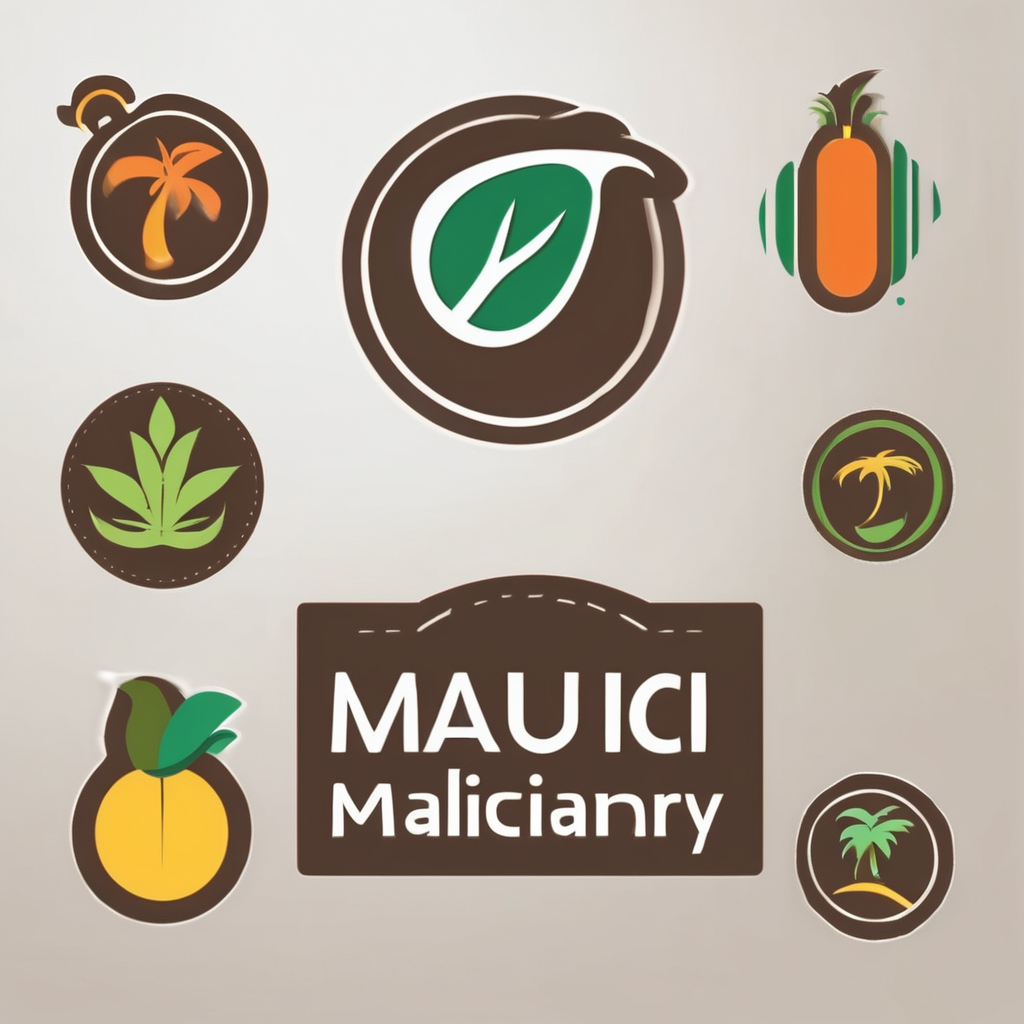The Impact of Modern Technology on Cooking Methods
Modern technology in cooking has revolutionised how chefs approach food preparation, especially within British cuisine innovations. Advances in kitchen equipment, such as precision cooking tools and smart gadgets, allow for consistent, perfectly cooked dishes that were previously challenging to achieve manually. For example, sous-vide machines enable chefs to control temperature with pinpoint accuracy, preserving texture and flavour while reducing waste.
Automation in cooking processes not only improves efficiency but also enhances creativity by freeing chefs to focus on innovation. Robotic arms and smart ovens adjust cooking times dynamically, ensuring dishes reflect traditional British flavours while embracing technological precision. This fusion helps preserve classic recipes while adapting them for contemporary tastes.
Also read : How is the UK culinary scene responding to plant-based diets?
Moreover, tech in food preparation influences preservation techniques vital to British cuisine, like curing meats or fermenting vegetables. Modern sensors monitor conditions meticulously, preventing spoilage and maintaining quality. As a result, these advancements support both traditional culinary values and the demand for innovative dining experiences across the UK.
The Impact of Modern Technology on Cooking Methods
Modern technology in cooking continues to reshape British cuisine innovations by introducing advanced kitchen equipment that enhances both precision and efficiency. Smart gadgets, such as programmable cookers and connected kitchen devices, allow chefs to maintain exact temperatures and cooking times, ensuring consistent quality. This level of control is especially valuable when preparing delicate dishes or when adapting traditional recipes to modern preferences.
Also to discover : How Has Technology Transformed Modern UK Kitchens?
Automation plays a key role in tech in food preparation, with robotic systems managing repetitive tasks like stirring, flipping, or portioning. This integration reduces human error and increases productivity, enabling chefs to focus on refining flavours and experimenting with textures. Additionally, precision cooking techniques, including sous-vide and induction-based methods, preserve nutritional value alongside the authentic taste of British dishes.
Preservation methods benefit greatly from these advancements. Sensors embedded within curing chambers or fermentation setups continuously monitor humidity, temperature, and airflow to optimize conditions. This tech-driven approach ensures traditional British delicacies like smoked salmon and aged cheeses meet exacting standards while innovating preservation processes. Modern technology in cooking thus bridges heritage and future possibilities, elevating British cuisine innovation through greater consistency and quality control.
The Impact of Modern Technology on Cooking Methods
Modern technology in cooking has significantly enhanced British cuisine innovations by integrating advanced kitchen equipment and smart gadgets that enable precise control over food preparation. Devices like programmable cookers and induction cooktops provide chefs with the ability to maintain consistent temperatures, crucial for delicate dishes and complex recipes. This level of accuracy ensures that traditional flavours are preserved while embracing efficiency.
Automation has become a cornerstone of tech in food preparation, with robotic arms and smart stirrers handling repetitive tasks such as flipping or portioning. This reduces human error and frees up chefs to focus on creativity and refining flavours within the kitchen. Precision cooking techniques, such as sous-vide, leverage technology to cook food evenly and retain nutritional value, improving overall dish quality without compromising authenticity.
Preservation methods also benefit from these technologies. Sensors in curing and fermentation setups continuously track environmental factors like humidity and temperature, enabling precise adjustments that maintain food safety and quality. These innovations allow the adaptation of traditional British dishes, ensuring they meet modern standards while respecting heritage. Thus, the impact of modern technology in cooking in British cuisine is profound, offering consistency, efficiency, and expanded culinary possibilities.
The Impact of Modern Technology on Cooking Methods
Modern technology in cooking has introduced a range of advanced kitchen equipment and smart gadgets that revolutionise how chefs approach British cuisine innovations. These tools provide unprecedented precision in temperature control and timing, critical for achieving authentic flavours while adapting to modern culinary demands. For instance, induction cooktops paired with programmable cookers enable precise heat regulation, ensuring consistency across multiple dishes.
Incorporating automation within tech in food preparation reduces manual errors and increases operational efficiency. Robotic arms can execute repetitive tasks like stirring or portioning with meticulous accuracy, freeing chefs to focus on enhancing flavours and creative experimentation. This integration leads to improved productivity without compromising the heritage of British recipes.
Furthermore, modern technology optimises preservation methods vital to traditional British dishes. Sensors continuously monitor humidity and temperature during curing or fermenting, allowing precise adjustments that uphold quality and safety. This tech-enabled control extends the shelf life of delicacies such as smoked meats and aged cheeses while respecting their original profiles. Collectively, these innovations demonstrate how modern technology in cooking sustains British cuisine innovations through precision, automation, and preservation.
The Impact of Modern Technology on Cooking Methods
Modern technology in cooking continues to transform British cuisine innovations by advancing kitchen equipment and embedding smart gadgets that enhance control and efficiency. Devices like programmable cookers and induction cooktops ensure precise heat management, which is crucial for maintaining the integrity of traditional recipes while accommodating contemporary preferences. These tools reduce variability, allowing chefs to replicate complex dishes with consistency.
The integration of automation into tech in food preparation further streamlines cooking processes. Robotic systems handle repetitive tasks such as stirring or portioning, which minimises human error and boosts kitchen productivity. This precise automation allows chefs to dedicate more time to flavour development and experimenting with textures without sacrificing heritage elements central to British cuisine.
Furthermore, modern technology proves transformative in preserving and adapting traditional British dishes. Sensors monitor environmental conditions during curing or fermenting, enabling exact adjustments that uphold quality and food safety. This precision not only prolongs shelf life but also supports innovation by adapting ageing techniques to modern standards while respecting classic flavours. Collectively, these advancements embody how modern technology in cooking elevates British culinary craftsmanship through enhanced precision, automation, and preservation.
